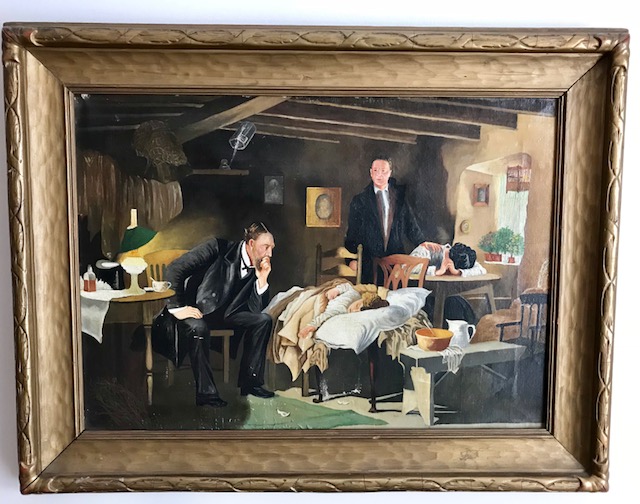
Ella wanted to be a blithe spirit, a la Noel Coward, but she couldn’t rest, join her beloved, and escape this limbo existence until her three most precious treasures found happy new homes. That was why she was hanging out at her own estate sale watching people buy her belongings.
The moment the estate agent unlocked the door, the bargain-hunting crowd hurried in. A short, pear-shaped woman made a bee line for Ella’s gold-spangled evening jacket, the one she wore at the Berlin Pediatrician’s conference. That’s where she met Johan, with whom she had a fling lasting several months and involving a trip to Bavaria, a cruise on the Rhine, and some jaunts to remote Alpine villages.
The woman slipped on the jacket, running her hands admiringly over the spangles. She beamed a smile as bright as the spangles, twirled around, stopped and said “I just love it,” to no one in particular. The jacket’s dramatic line needed someone more statuesque to do it justice, but it so clearly brought the woman joy that Ella wanted her to have it.
This was going to be easy. The jacket had already found a happy home only minutes after the sale began. Next up, the needlepoint pillow Archer, another fling, bought her at the London conference.
A man over six feet tall examined the pillow with its elaborate floral pattern and the saying “You can never be too rich or too thin” in filigree script. A flawlessly tailored jacket on his long, lean frame and Italian leather shoes on his elegant feet proved he had both the financial resources and the body type to appreciate the pillow’s message. He smiled at the man with him, a shorter, more muscular fellow, and Ella guessed they were a couple. She hadn’t considered a man owning the pillow, but this man was the perfect match. At this rate, she’d be on her way by dinnertime.
Two blonde, giggling twenty somethings were leaving with the pink leather Gucci bag and the embroidered satin evening clutch from Milan. Ella wasn’t as emotionally attached to those bags, but it pleased her to know they would have a fun life.
Ella sighed in satisfaction. This was going well. Her career as a pediatrician, her life of travel, her carefully chosen belongings, all had brought her pleasure. Each held a memory. But now, she wanted others to enjoy them, to find life the joyous adventure she had found it. So far. So good.
There was still the painting. When the right person claimed the painting, Ella could go. She could leave everything else to fate, but the painting must go to someone very special.
It was called “The Doctor.” In the scene, a doctor sat next to a bed in which a sick child lay. Light splashed on him as he sat, chin in hands, studying the child. The distraught mother prayed at a dark table in the background, her head down. In the shadows, the father hovered, haunted and bereft. Darkness nearly filled the room, except for around the doctor and an arched window. Through the window, sunlight spilled onto the green plants on the sill. The light in these two places meant hope to Ella, hope that the doctor would find a cure and hope that the child would thrive like the plants.
The painting was her most treasured possession because it not only featured her profession, a doctor of children; but the man who had given it to her, Clark, had been the love of her life. The others she’d dated like Johan and Archer, they’d been fun—lots of fun—but Clark had been much more. Although Ella had never married, never wanted to, Clark changed her mind.
They were both in their fifties when they met. That was the year the conference was in New York. As they got to know each other, they made repeated trips upstate to country inns, ski resorts, and antique shops. When they saw the painting in a Rhinebeck shop, they simultaneously knew they had to have it. Both of them had been in the doctor’s position, calling up all their skill, knowledge, and experience to help a sick little one and relieve the anguished parents.
And then Ella had lost Clark, lost him before they could get married. A heart attack took him away with cruel speed. After that, she had withdrawn, no more fancy trips abroad, no more designer clothes. She spent her extra time volunteering in free clinics.
And now she had a second chance to be with Clark, not the way they had planned, but together again, all the same. But Ella couldn’t complete that journey until the painting was held by deserving hands.
A couple stood in front of the painting. “The frame is perfect. We could just cut out the picture. It’s so depressing, anyway,” a gum-chewing man said to the overly-bleached blonde woman with lipstick on her teeth.
The idea appalled Ella. Nothing doing. Cut out the picture, indeed. Ella whipped between the couple and the painting and hissed. “Ssssssss. Ssssssss.” They backed away, their eyes wide and searching, probably for a snake. She hissed again, longer, more fiercely. Ssssssssssssst. They nearly stumbled over each other trying to leave the room. Ella dogged them until they were gone. Sss.Sss. Sss.
She had better stay right here on guard if lowlifes like that were around.
Several people stopped, studied the painting, murmured appreciative sounds, and then moved on.
Two middle-aged women looked interested. One carried a tote bag with “Support Community Theater” emblazoned on it. “This would be great for the set,” she said. “It casts just the right dark mood.” So, they meant to use it on a set for a play. Not exactly purgatory, but not exactly personal. What happened when the play was over? Would it be stashed and forgotten in some storeroom?
Ella considered this prospect less odious than the previous customers, but still not a desirable destiny for her precious painting. No, it just wouldn’t do. As much as she had enjoyed the theater in life, it was not the right home for “The Doctor.”
She didn’t want to frighten these well-meaning women, but she had to discourage them.
She could tickle them, but tickling wasn’t severe enough. She could scratch them, but she didn’t want to hurt them. She had one more idea, which she really hesitated to carry out. It just wasn’t her style. Still, the painting was at stake.
As the women studied the painting and reached into their purses, Ella farted.
Not one of those super nasty, wave-your-hand-in-front-of-your-nose farts, more like a baby’s toot. Being polite women, they ignored the smell, probably assigning it each to the other. They showed no signs of discouragement about their purchase. Ella realized she would have to be more dramatic.
In the most indelicate way, she let one rip, its odor permeating the corner where the painting hung. The first woman leaned in closely and sniffed the painting.
Just to be safe, Ella again passed gas worthy of a farm animal, and the baffled woman drew back.
The tote bag carrying one said, “Maybe the paint has spoiled or something, or it has been stored someplace inappropriate.”
Her friend, less tactful, said, “Face it, Evelyn. It stinks to high heaven. It smells like a port-a-potty at a construction site. We aren’t wasting our meager budget on something like that. The actors wouldn’t appreciate it.” And they moved on.
Ella watched them go, wishing them well.
The afternoon wore on, and the crowd thinned out. Lots of merchandise had marched out the door with customers, but her precious painting still hung, lonely and alone in its corner.
Ella second guessed herself. Maybe she should have let the theater ladies buy it. At least it wouldn’t be ripped apart.
The estate agent started consolidating the remaining merchandise. Ella realized Clark would have to wait. She couldn’t complete her journey yet.
The door flew open and crisp fall air preceded a tall, thin bespectacled woman, and a short, round bald man came. Their presence, chatter, and laughter enlivened the room.
Ella perked up. She liked the looks of them. Academics, maybe.
They looked around, picking up a Venetian glass bowl and admiring how the light shone through it. Ella watched anxiously. Would they look at the painting?
Just then the estate agent removed “The Doctor” from its hanging spot and carried it across the couple’s line of vision.
“Wait,” the man said.
The estate agent stopped, smiled, and held up the painting for them to see better. “It’s wonderful, isn’t it? I thought of buying it myself,” she said.
The wife said, “It’s more than wonderful. It’s a chapter in our lives.”
“What do you mean?” the agent asked.
The husband offered, “Our daughter was critically ill with meningitis when she was six. She wasn’t expected to live, but she did.” He stopped to wipe away a tear, and his wife opened her purse and handed him a tissue. He went on. “Thanks to brilliant doctors, she pulled through, and grew up well and healthy. We have just come from visiting her and our granddaughter.”
By now, the estate agent was sniffling and getting misty, too. “Here, take it. It’s yours.” She thrust it at them.
“No, no that wouldn’t be right,” the wife said with a gentle laugh.
“Well, then, I’ll reduce the price.”
They agreed on the price and talked some more, but Ella was no longer listening. Blithe at last, she took one backward glance from the doorway at the remains of her life, and fulfillment flooded through her. It was time to go. Clark was waiting.
About the Author: Bernie Brown
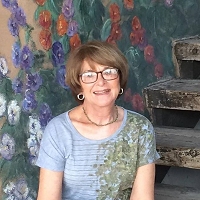
I live in Raleigh, NC where I write, read, and watch birds. My stories have appeared in several magazines, most recently Better After 50, Modern Creative Life, Indiana Voice Journal, and Watching Backyard Birds. My story “The Same Old Casserole” was nominated for a Pushcart Prize by Modern Creative Life. I am a Writer in Residence at the Weymouth Center, which is the perfect spot to work on my novel-in-progress.




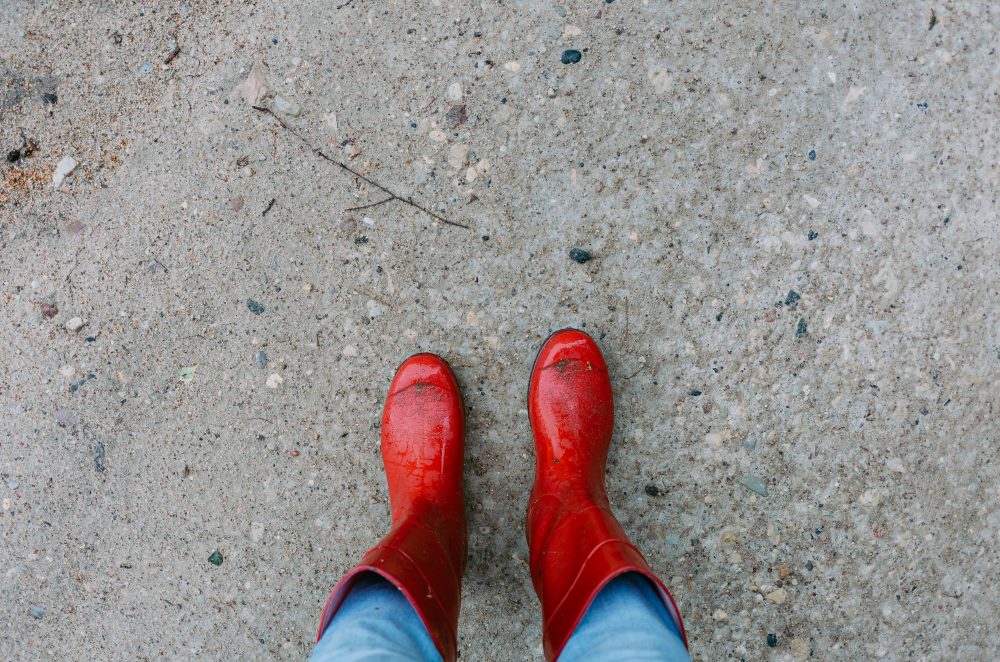
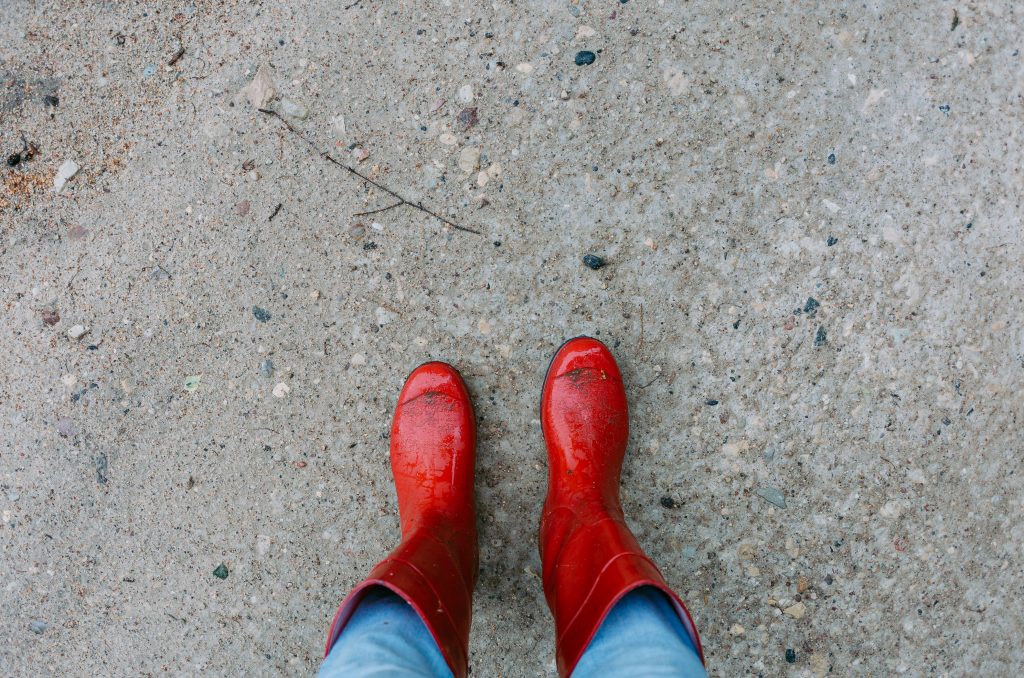




 I live in Raleigh, NC where I write, read, and watch birds. My stories have appeared in several magazines, most recently Modern Creative Life, Indiana Voice Journal, and Watching Backyard Birds.
I live in Raleigh, NC where I write, read, and watch birds. My stories have appeared in several magazines, most recently Modern Creative Life, Indiana Voice Journal, and Watching Backyard Birds.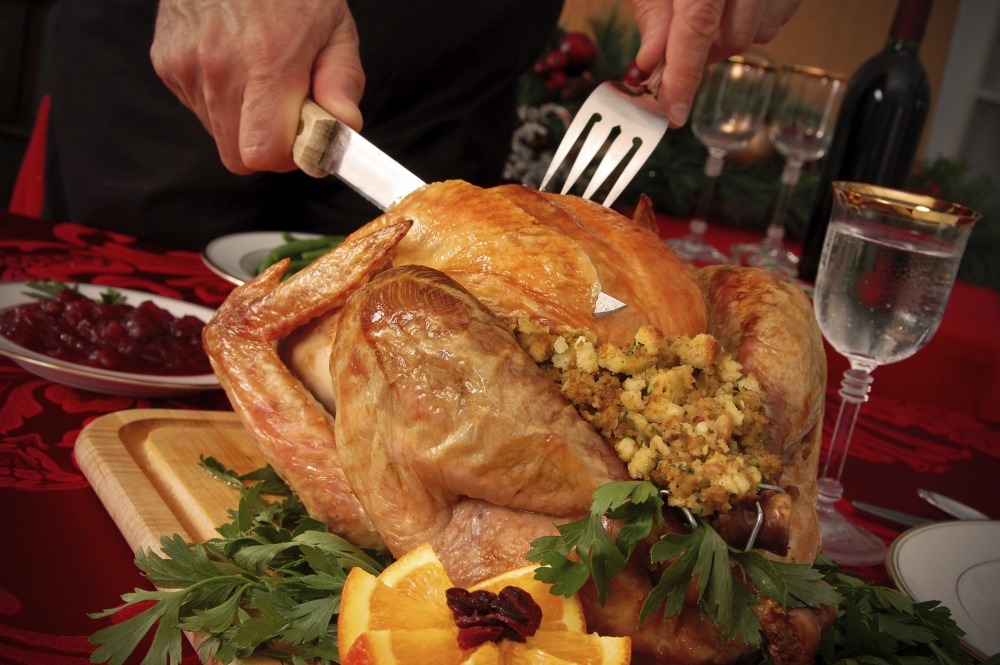
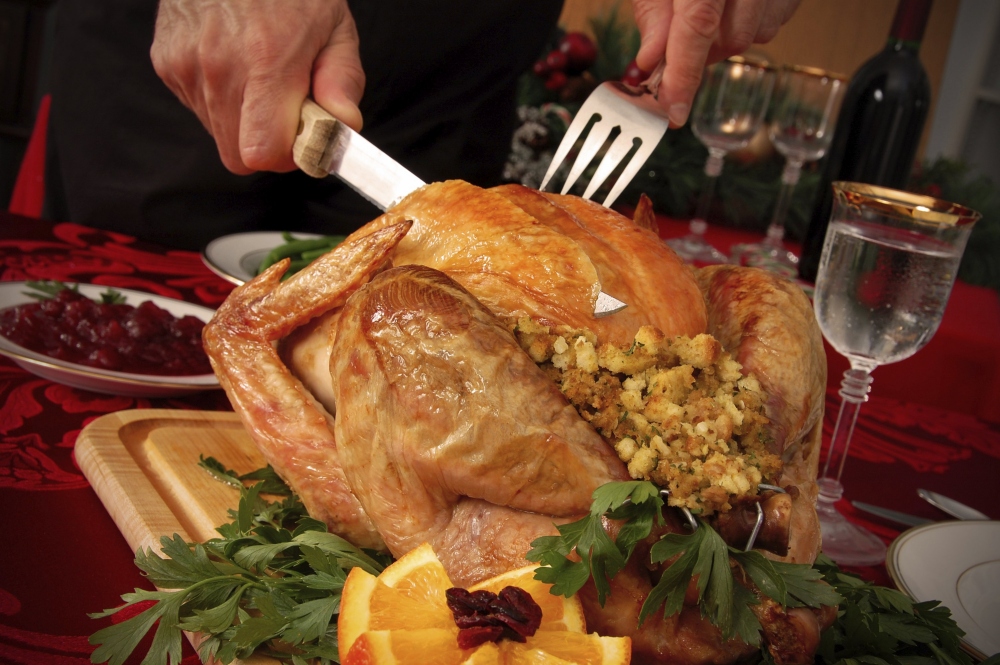
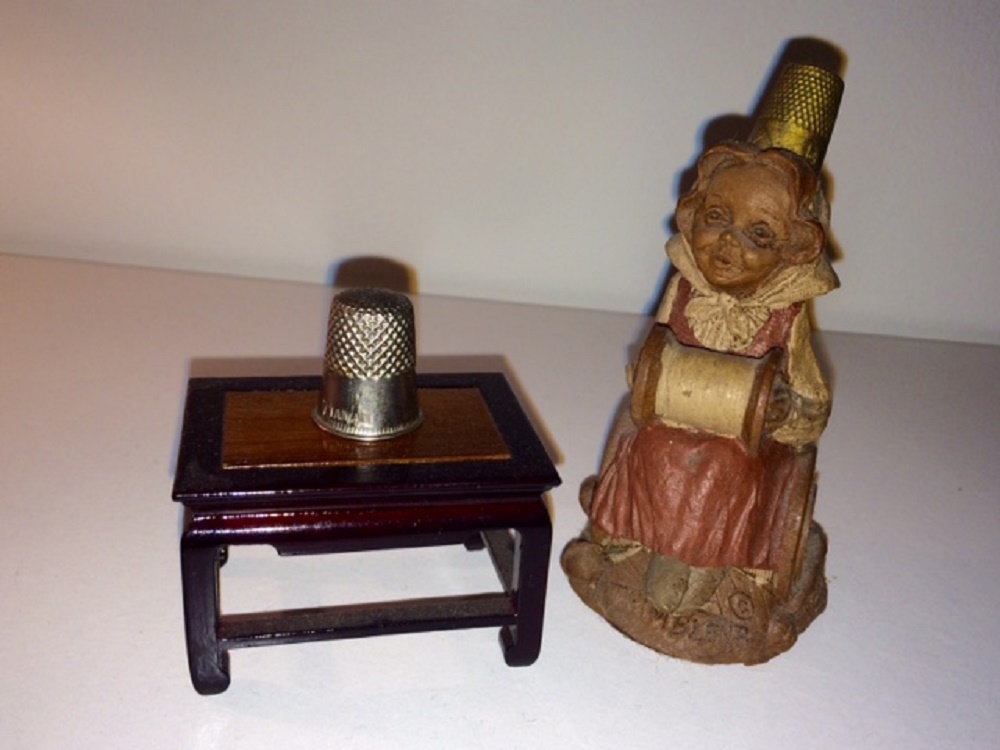

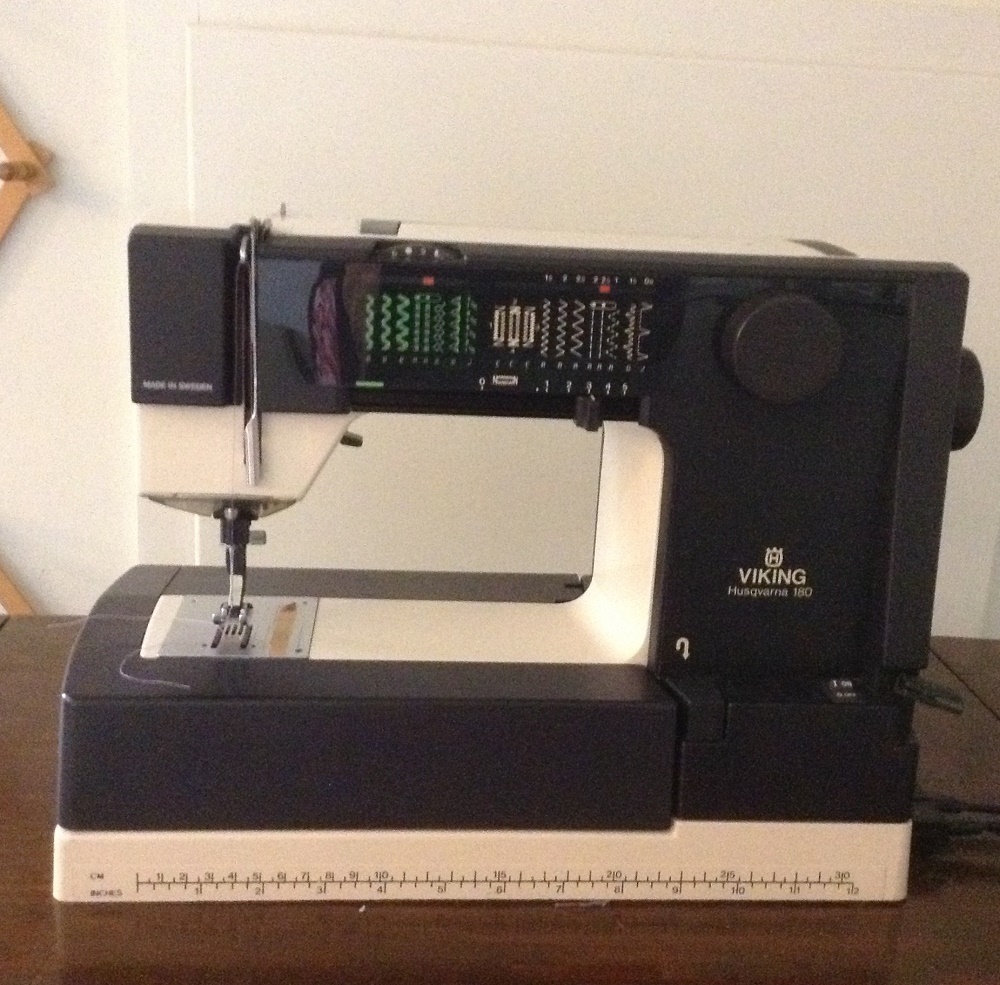
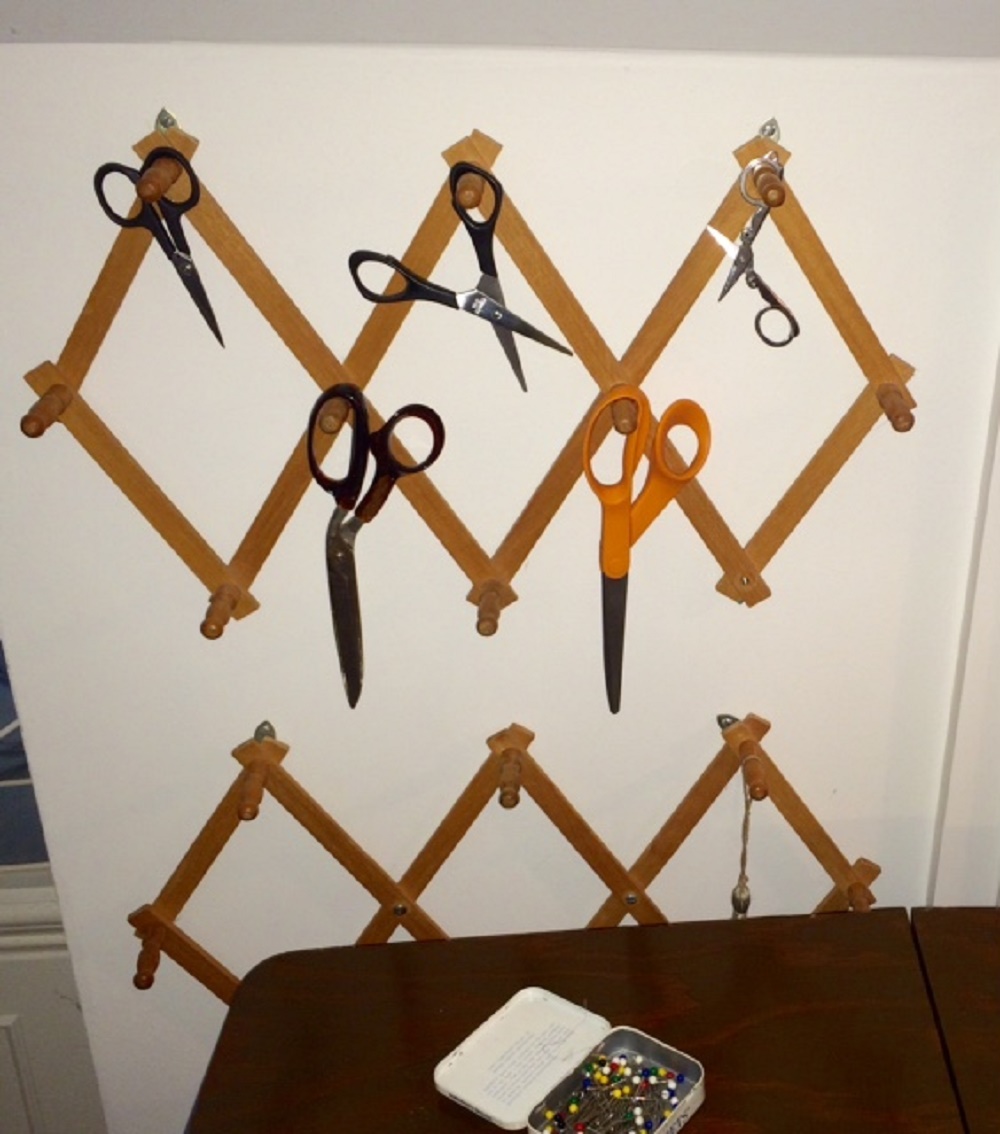
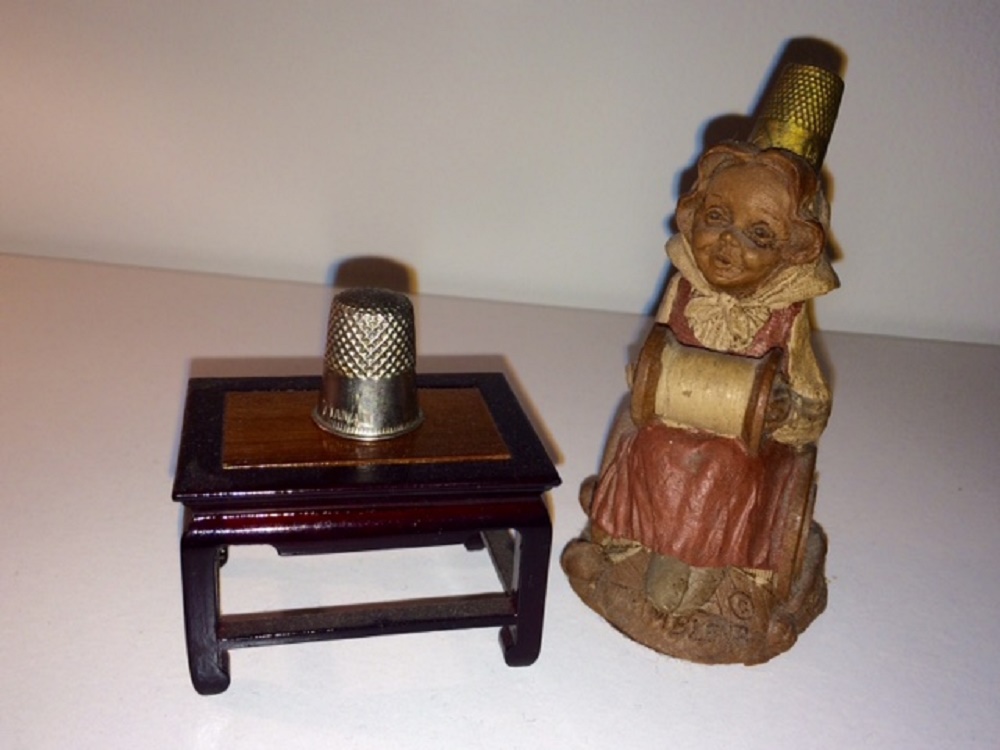
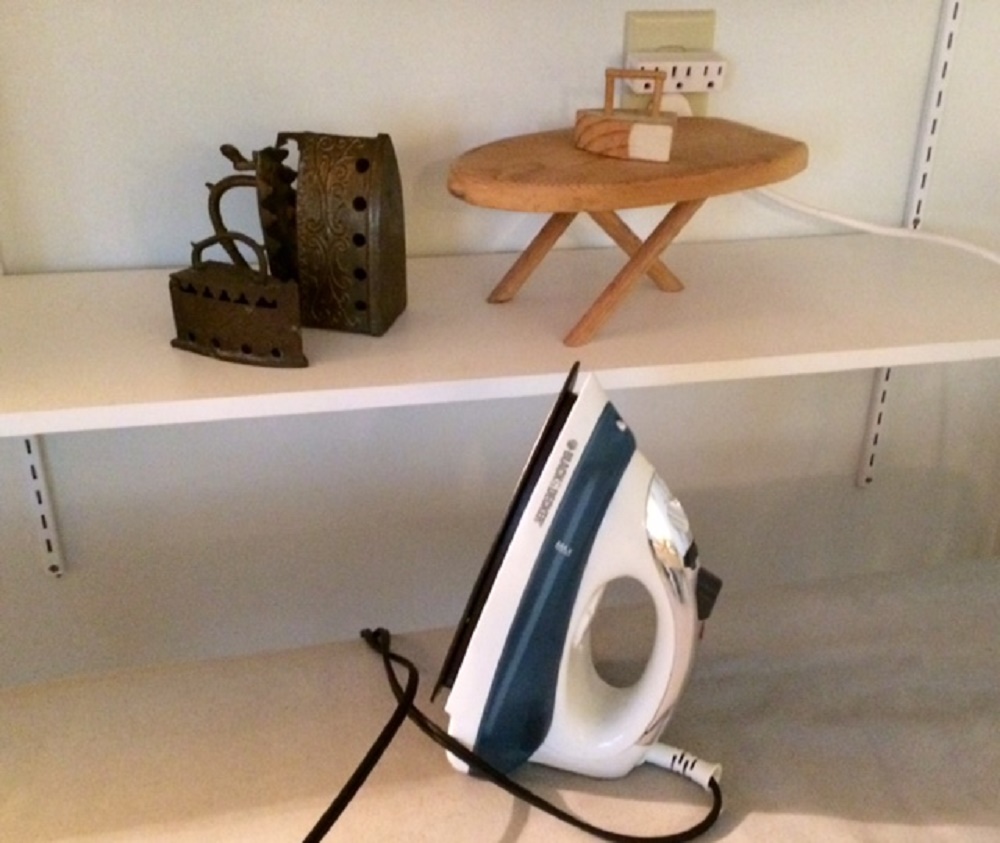
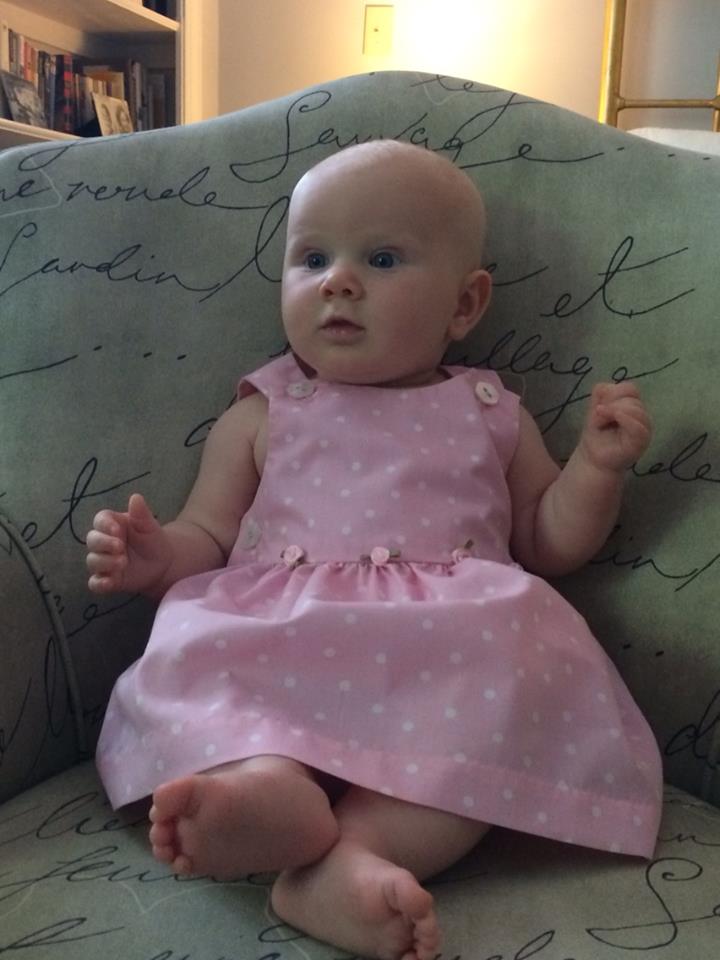
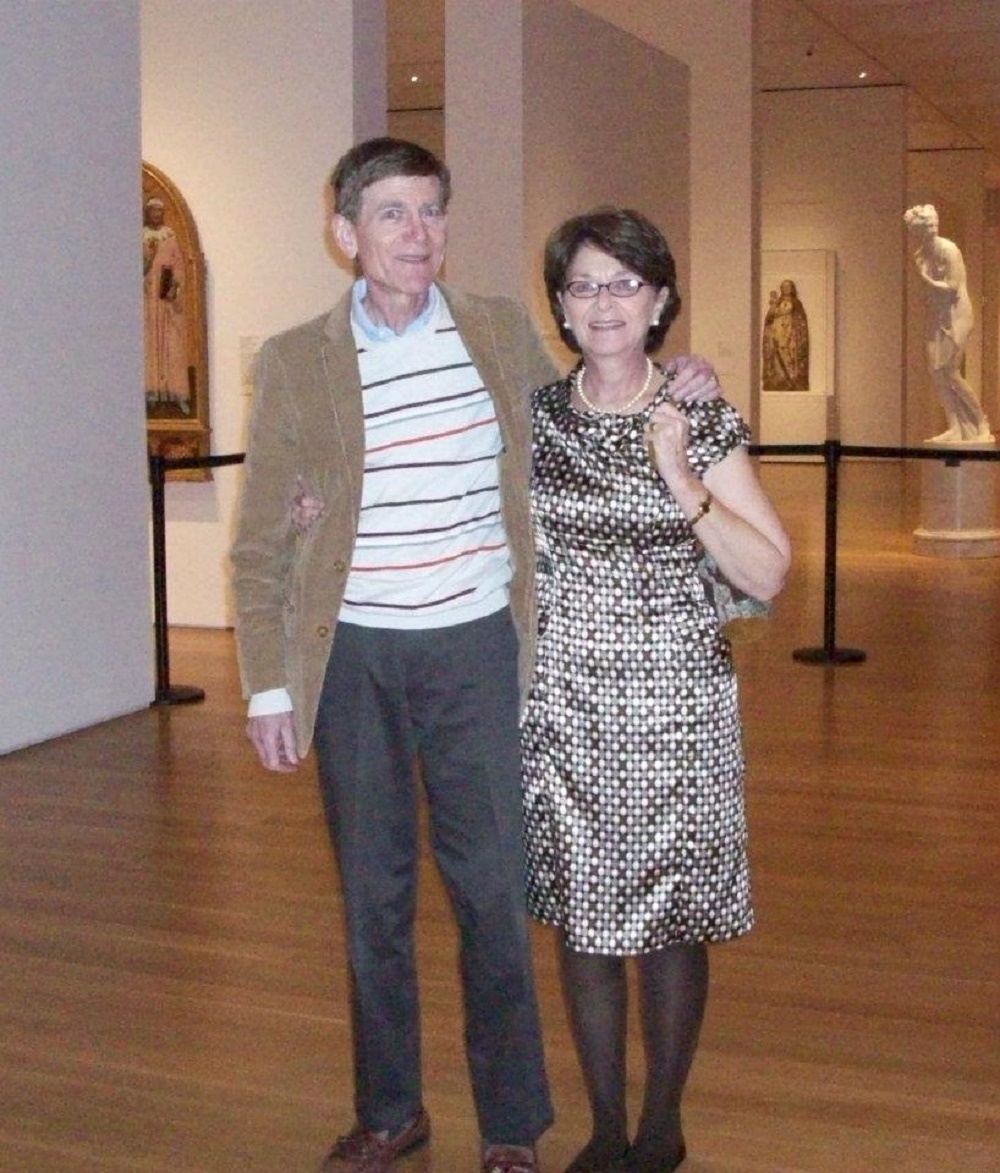
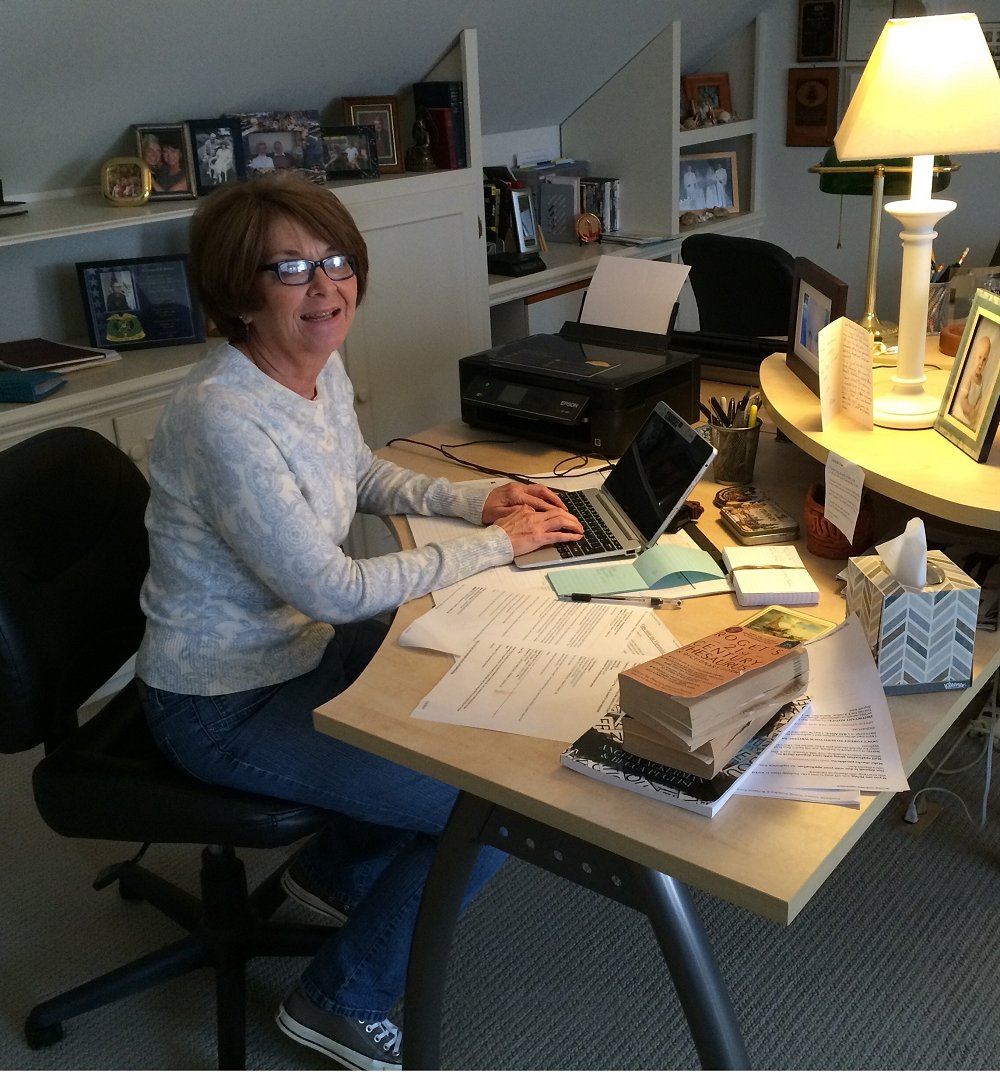
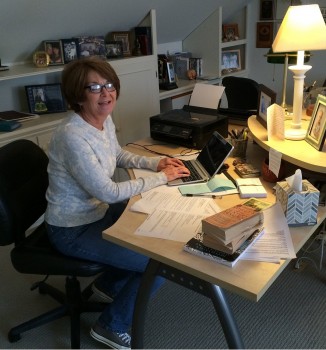
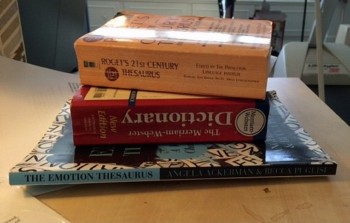
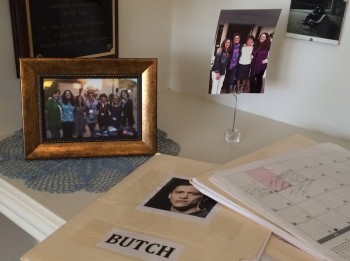
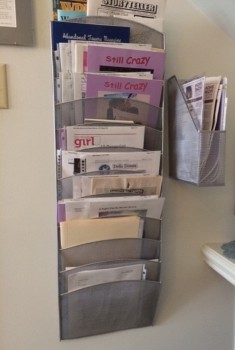

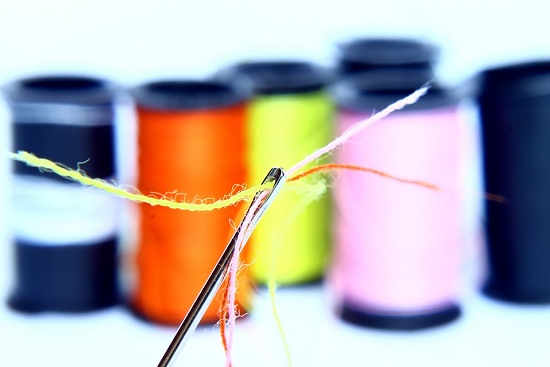
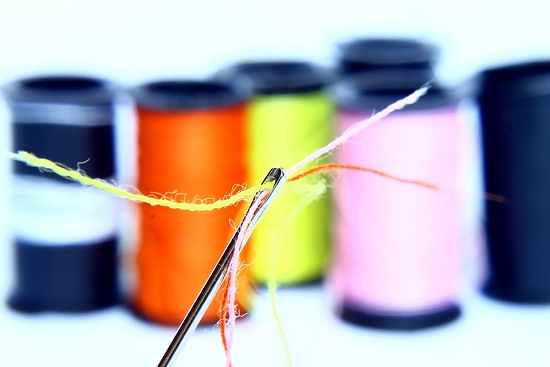 lush velvets all put possibilities in my head. Even the neat little packages of zippers, thread, bias tape, and buttons—arranged rainbow-like—delight me. I want to buy them all, but time and money won’t let me. So I work one project at a time.
lush velvets all put possibilities in my head. Even the neat little packages of zippers, thread, bias tape, and buttons—arranged rainbow-like—delight me. I want to buy them all, but time and money won’t let me. So I work one project at a time.